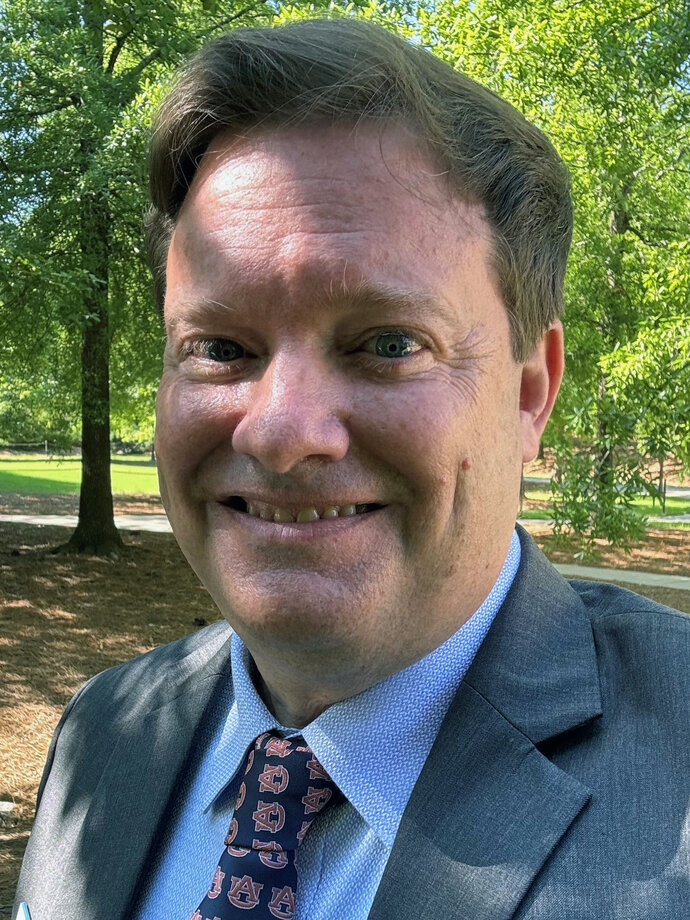
Professor
Mark
Liles
Professor
Mark
Liles
Associate Dean for Research and Graduate Studies, College of Sciences and Mathematics
Auburn University
LinkedIn
View profileBiography
Originally from the South of the United States, Dr. Liles has had 36 different homes due to his father serving in the U.S. Air Force. His wife is Prof. Mary Sandage, who is a faculty in the Department of Speech, Language and Hearing Sciences at Auburn University. His son Max is an Auburn University Sophomore in the Architecture program.
At Auburn University, Dr. Liles has made important contributions in the areas of microbiome research and disease control in agriculture and aquaculture. Among his honors and awards are NIH predoctoral and postdoctoral fellowships, 84 different grants received as Principal Investigator (PI) or co-PI with over $13 million in total awarded funds in over 30 years as a microbiology researcher, recognition as Auburn University’s Outstanding Graduate Mentor (2009) and the College of Sciences and Mathematics Young Faculty Scholar Award (2017). He has published 137 peer-reviewed publications. Liles is a member of the American Society for Microbiology and a founding member of the Society for Functional Metagenomics.
Dr. Liles holds six U.S. patents and eight foreign patents that have been licensed to multiple companies, and he has cofounded three biotech companies: 1) Varizymes produces enzymes used for a COVID-19 home detection kit that received emergency use authorization, as well as other enzymes required for molecular diagnostics, PCR and next-generation sequencing; 2) Terra Bioforge uses synthetic biology tools to produce natural products (antibiotics, anti-cancer drugs) using a CRISPR/Cas9 system to clone and express biosynthetic gene clusters that encode drugable molecules. Terra Bioforge has recently received significant investment from HudsonAlpha’s AgTech Accelerator program; and 3) Teliome develops probiotics and orally-delivered vaccines to prevent disease in aquaculture-farmed fish and shellfish.
Research interests
Pathogenesis and control of virulent Aeromonas hydrophila. Our studies have led to the development of diagnostic methods and a vaccine for a virulent strain of Aeromonas hydrophila that is responsible for severe epidemic outbreaks of disease in farmed fish in the United States, China and other countries. Our lab studies the pathogenesis of disease and the control of disease using both biological control agents and an attenuated vaccine. We are also helping the worldwide community of aquaculture researchers track the distribution and spread of virulent Aeromonas hydrophila.
Biological control of disease using beneficial microorganisms. We have identified probiotic bacteria, particularly within the genus Bacillus, that can prevent and control disease in aquaculture farmed fish and in agriculturally important plants. We are investigating the natural products produced by these probiotics that can enhance growth performance of the animal or plant host, or inhibit the growth of pathogenic microorganisms. We also are investigatings ways to enhance the metabolism of these probiotics to enhance their in situ beneficial activities. Discipline
Bacteriology Host species
Fish Pathogen
Bacteria Bacteria›Aeromonas Stage of vaccine development
Antigen discovery and immunogen design Commercialisation